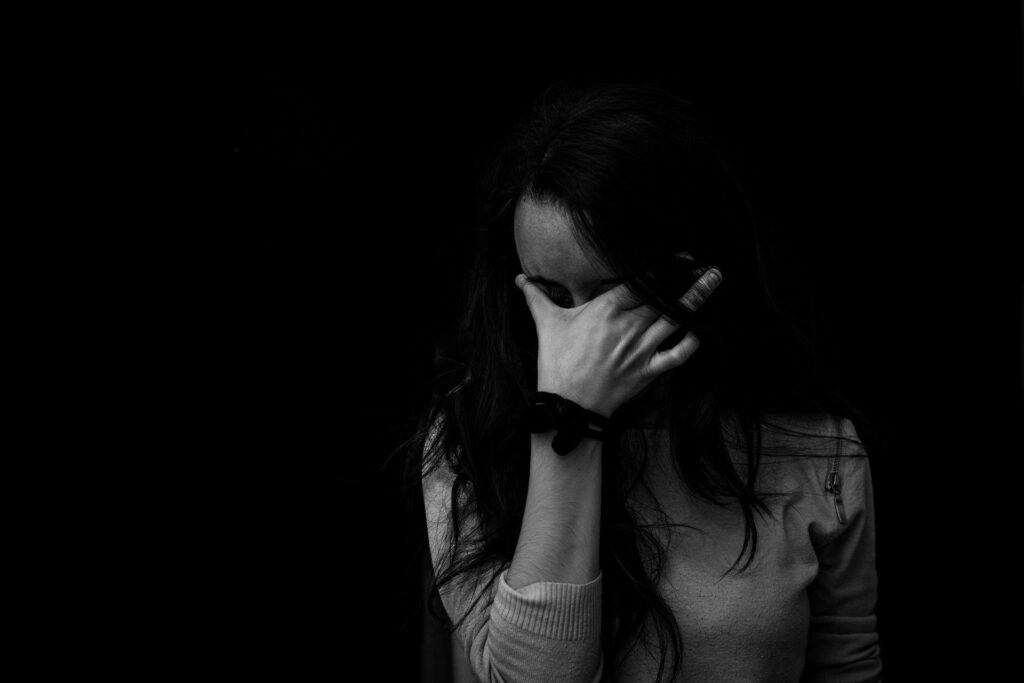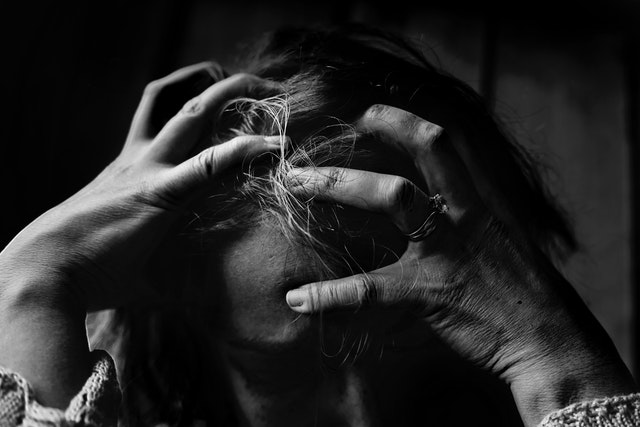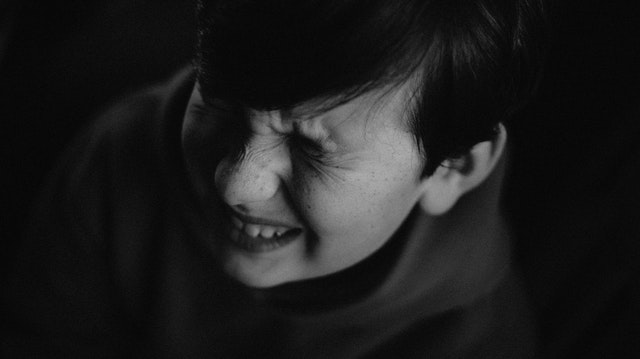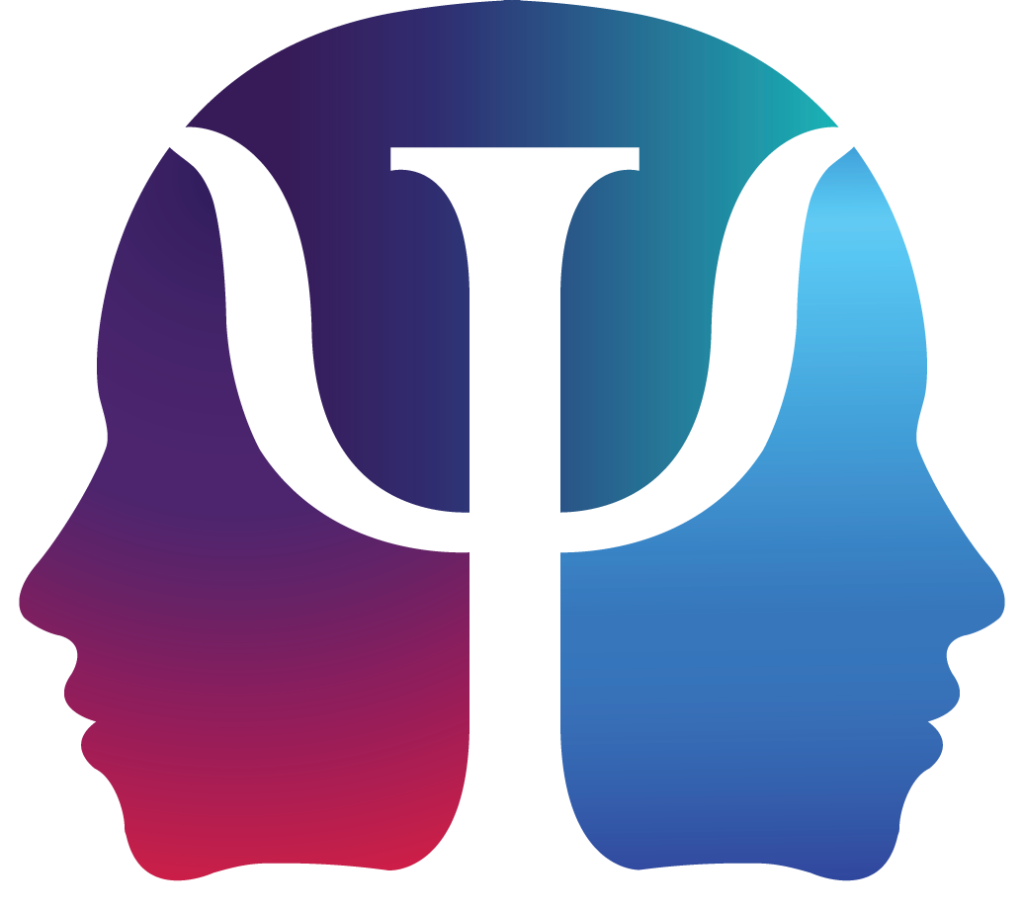Psychological Issues
- Home
- Psychological Issues

Anxiety
Anxiety is the most common emotional difficulty, but it’s also one of the most treatable. Anxiety is an uncomfortable feeling of fear or impending disaster and reflects the thoughts and bodily reactions a person has when they are presented with an event or situation that they cannot manage or undertake with ease. When a person is experiencing anxiety their thoughts are actively assessing the situation, sometimes even automatically and outside of conscious attention, and developing predictions of how well they will cope based on past experiences. Although some anxiety is a normal response to a stressful situation, when the anxiety level is too high a person may not come up with an effective way of managing the stressful or threatening situation. They might "freeze", avoid the situation, or even fear they may do something that is out of character. Anxiety generally causes people to experience the following responses:
- An intense physical response due to arousal of the nervous system leading to physical symptoms such as a racing heartbeat.
- A cognitive response which refers to thoughts about the situation and the person's ability to cope with it. For someone experiencing high anxiety this often means interpreting situations negatively and having unhelpful thoughts such as "This is really bad" or "I can't cope with this".
- A behavioural response which may include avoidance or uncharacteristic behaviour including aggression, restlessness or irrational behaviour such as repeated checking.
- An emotional response reflecting the high level of distress the person is experiencing
Caregiver Stress
Caregiver stress is the emotional and physical strain of caregiving. It can take many forms. For instance, you may feel:
- Frustrated and angry taking care of someone with dementia who often wanders away or becomes easily upset
- Guilty because you think that you should be able to provide better care, despite all the other things that you have to do
- Lonely because all the time you spend caregiving has hurt your social life
- Exhausted when you go to bed at night
Although caregiving can be challenging, it is important to note that it can also have its rewards. It can give you a feeling of giving back to a loved one. It can also make you feel needed and can lead to a stronger relationship with the person receiving care. Caregiving may be putting too much stress on you if you have any of the following symptoms: Feeling overwhelmed, sleeping too much or too little, gaining or losing a lot of weight, feeling tired most of the time, loss of interest in activities you used to enjoy, becoming easily irritated or angered, feeling constantly worried, often feeling sad, frequent headaches, bodily pain, or other physical problems, and/or abuse of alcohol or drugs, including prescription drugs.


Depression
Acute and chronic pain, head injury, physical injury


Elderly Wellbeing
- Caregiver Stress
- Dementia adjustment/care
- Late life emotional difficulties including anxiety and depression
- Memory compensation strategies
- Education regarding later life emotional and cognitive difficulties
- Neuropsychological Assessment of Cognitive strengths and weaknesses
Post-Traumatic Stress


Phobias
Eating Disorders


Addiction including problem gambling
Other Issues
- Sleep disturbance
- Anger
- Grief and loss
- Trauma debriefing
- Chronic Illness
- Problem behaviours and parenting difficulties
- Developmental disorders including Autism
- Sexual, emotional, psychological and physical abuse
- Interpersonal and relationship problems
- Self-esteem issues
- Enhancement in Sports Performance
- We also offer psychological evaluations and reporting, including personality assessment

